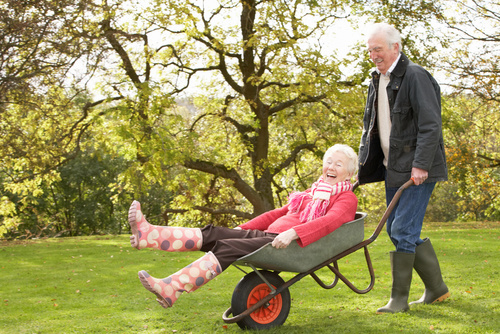
When it’s time for your loved one to move into a nursing home, one of the biggest factors will be cost. The national average cost for a private room at a nursing home is over $97K a year! To protect yourself and your loved ones wallet, make sure you get everything in writing and watch out for these 5 hidden costs.
Health Assessment – Most nursing facilities do a one-time assessment when your loved one first moves in. Make sure you ask if this assessment is included or not so you can budget for it.Leave of Absence – Sometimes called “bed hold” is when a resident heads to the hospital for surgery or a different facility for other types of care. Nursing homes could charge a daily fee to hold the bed so the resident can return later on. If an agreement is not signed, the nursing home could give your loved one’s bed to someone else. Make sure you ask the facility if a bed-hold agreement is included in their yearly fee so your loved one doesn’t lose their place if they leave temporarily.State Assessment – Some states will add a nursing home assessment on your bill if your loved one is paying with private funds. If your loved one has long-term care insurance, the fee could be covered by the policy. If you are required to pay the additional fee, you may be able to deduct this as a tax credit. Ask the advice of your accountant if you find yourself in this situation.Extra Services – There may be other services that could go on the bill that is different from basic care. Fees such as social and therapeutic services, could be added on your loved one’s bill depending on your state. Always as to see a sample of your bill first to get everything is writing. Each facility may offer something different in terms of the way they care.Cost Increase – Many nursing homes will send a bill prior to the next month which will give you an estimated cost of the upcoming month. If there is an increase, it could be due to the costs of basic services and room and board. Prior to moving into the nursing home, ask how often they raise their rates.
__________________________________________________
Help at Home can provide around the clock care for your senior loved ones by providing a stable, positive environment for seniors living with Alzheimer's, helping them to stay active, social, and stay healthy. Located in Greenwich, CT, Alzheimer's and Dementia Care / Help at Home, LLC is proud to be a top rated home health care provider in Fairfield County, CT, Westchester County, NY, Manhattan, NY and beyond. Our clients are our family and we treat everyone with compassion and care. Contact us today to see how we can help you and your loved ones. Email: maryann@alzdementiacare.com Phone: 203-520-0116





